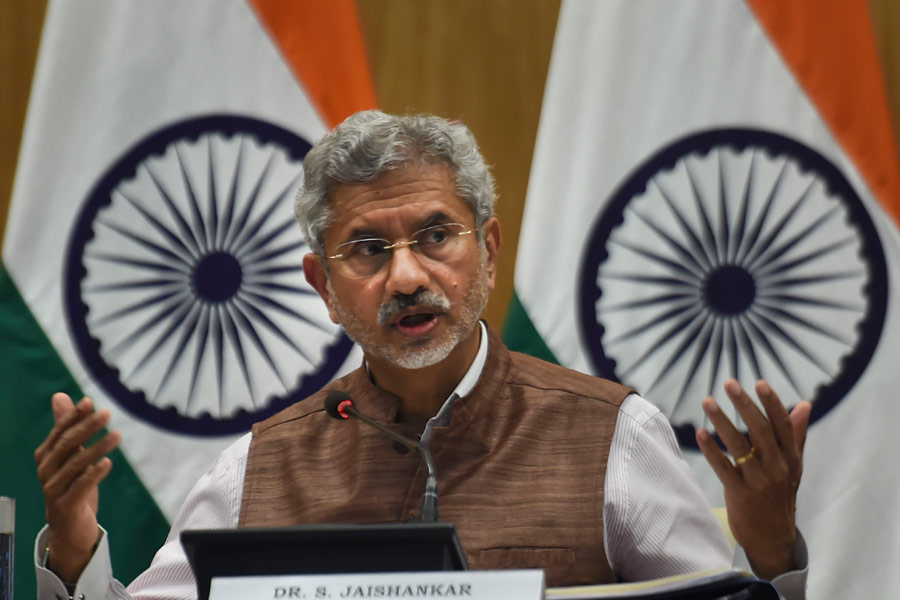Coldplay are like olives: people either love them or hate them. Few bands have enjoyed the sort of success they have had ever since they released their debut album Parachutes and its follow-up A Rush of Blood to the Head. Listeners took easily to their uplifting melodies and one-size-fits-all songwriting. Suddenly, Coldplay were everywhere. They were playing in the background at the mall or supermarket where you shopped. They were playing on the radio while you sat in a taxi. Lazy directors who wanted to sprinkle emotion into their film or campaign videos would cue in some Coldplay track to signal triumph or despair. With this overconsumption, the tide soon started to turn against them. Suddenly it was cool to hate Coldplay. (Alan McGee, of Creation records, famously called them “the dictionary definition of corporate rock” and “bedwetters’ music”. Oasis frontman Liam Gallagher said: “Chris Martin looks like a geography teacher.”)
The band didn’t help matters by moving away from their signature sound in each subsequent album, towards commercial pop and collaborations with whoever was trending in other genres, such as hip-hop or EDM. The stripped-down, lo-fi compositions which had launched them were discarded in favour of formulaic stadium anthems interspersed with whoa-oh-oh-oh choruses and schmaltzy lyrics. Much was lost between their first two albums and their last. While their audience grew, their musical sensibility kept getting watered down.
For all these reasons, I had written Coldplay off years ago and was clueless about their new release Everyday Life until I read an article about its live-stream launch on YouTube on November 22. I decided to tune in and was pleasantly surprised by the band playing the album live in its entirety as a two-part set in Amman, Jordan, at sunrise and sunset. I wasn’t expecting this and hence decided to give the studio album a listen to find if it has been overproduced like some of their other albums which I despised.
A farrago of music styles
The best that can be said about Coldplay’s latest is that it is reminiscent of their debut output. Four years in the making, Everyday Life seems like an attempt by the band to be taken seriously as musicians again. While that annoying millennial whoop is thankfully missing, this is very much a pop record and has just enough experimentation in it to pass as genre-defying.
The album is divided in two halves — ‘sunrise’ and ‘sunset’ — which sees the songs arranged in a chronology that sets the mood accordingly. Sunrise is an instrumental, which frankly didn’t do much for me. Church, second in line, is where the album should have started. Trouble in Town finds the band tackle police brutality by way of sampling real audio of a racist cop harassing some black men while Jonny Buckland’s guitar erupts in an incendiary crescendo (curiously towards the end of the song some kids can be heard chanting jeene de re, jeene de re that translates to “please let us live”).
In Broken, Martin sings along to a hand-clapping gospel choir which makes for cheerful listening. Guns, the first Coldplay song to feature profanity, sees Martin channel his inner Bob Dylan as he mocks America’s lack of gun control. Cry Cry Cry borrows its hook from Garnet Mimms’s 1963 doo-wop hit Cry Baby (which has been covered by the likes of Janis Joplin). Every Coldplay album has at least one terribly catchy song, on this album that song is Orphans (I guarantee you will be hearing this one soon on TV or radio till you’re sick of it… remember Paradise?). Arabesque, probably my favourite from the album, is an upbeat number that exudes nu jazz swagger, courtesy of Femi Kuti (legendary Fela Kuti’s eldest son) and his band’s horn section.
Because these tracks are individually eccentric, they make the album seem like a farrago of music styles. It’s almost as if, in their bid to lose the “corporate rock” tag, the band has decided to showcase their range. The result is an album which doesn’t feel cohesive as a whole. The melodies are brooding and often swell up to land into satisfying choruses but the whole thing is too predictable. The lyrics too are sappy at times. A Rush of Blood to the Head received multiple awards because it subtly dealt with the West’s post-9/11 paranoia and perhaps Martin wanted to revisit that in this album by throwing in political messages, which unfortunately seem out of place and forced. Beyond referencing geo-political issues on a surface level, the album lacks a deeper message. The only solace it offers is Chris Martin tenderly playing the piano while cooing like some self-absorbed pigeon.
The band has also invited some ridicule by claiming that they will not be touring this latest album for environmental reasons: “We’re taking time over the next year or two, to work out how our tour can not only be sustainable but how can it be actively beneficial. Our next tour will be the best possible version of a tour like that, environmentally. We would be disappointed if it’s not carbon neutral.” It’s when Martin does political posturing like this that he comes across as being a bit holier-than-thou. He has had his Greenpeace phase and then the Make Trade Fair phase and now this. I think I finally understand why people hate Chris Martin; it’s because he reminds them of Captain Planet. You know why some kids hated Captain Planet? Because while other cartoons were telling them to conquer the evil within, Captain Planet kept lecturing them on recycling.
In the titular track of Everyday Life, Chris Martin asks his listeners, What in the world are we going to do/ Look at what everybody’s going through/ What kind of world do you want it to be/ Am I the future or the history. Coldplay need to ponder this question themselves because their twee persona and tra-la-la tunes may have been refreshing once but now — eight albums later — they are in danger of fading into obsolescence.
The author is a furniture designer and freelance writer observing politics and culture










